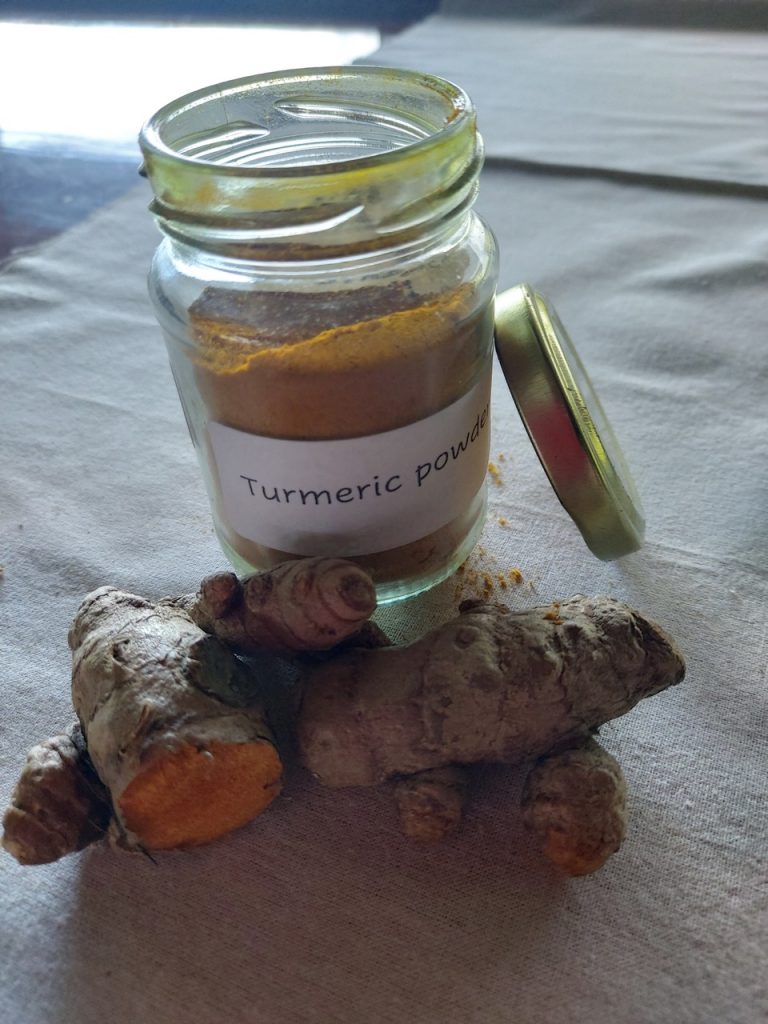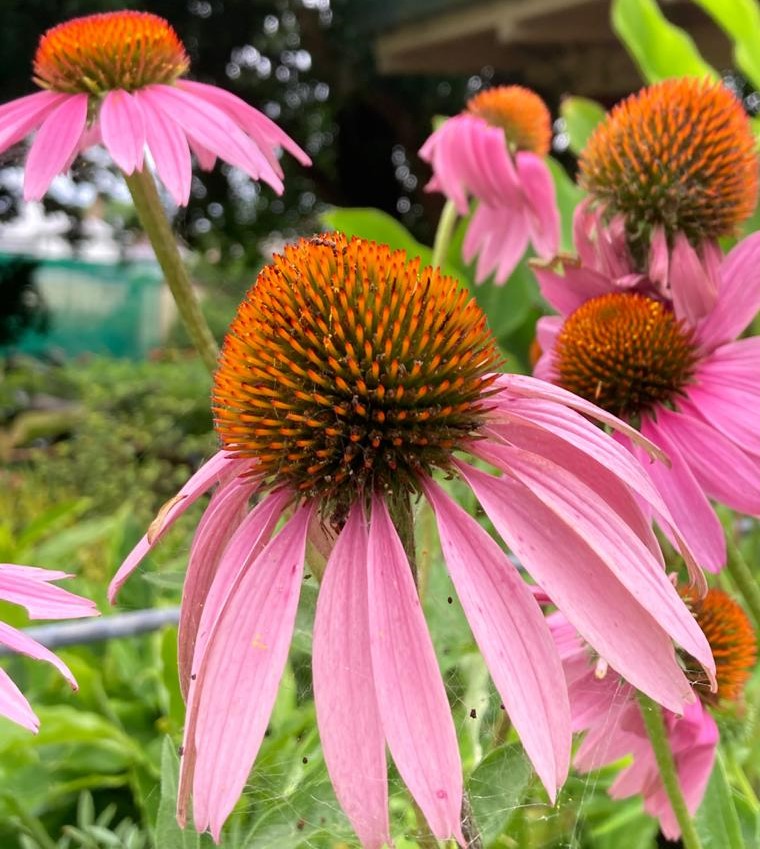Let’s explore their health benefits.
When you drink a cup of chamomile tea, to calm your nerves, you are effectively using a form of herbal medicine for health. Herbs contain active constituents that produce actions on the body. For example, chamomile contains bisabolol, which helps reduce tension. While peppermint contains menthol, which is calming to the digestive system. Today herbs are used in various forms, teas, powders, tablets, capsules, tinctures and extracts, to name a few.
What are herbs?
Herbs are plants that are used in cooking, for medicinal purposes, or as perfumes. Culinary herbs are used in the kitchen to enhance the flavour of foods like, coriander, basil, and parsley. Medicinal herbs are used to treat or prevent illness and enhance health. Perfume herbs are aromatic in nature like lavender and rosemary.
Benefit of medicinal herbs
Herbs can have many therapeutic benefits and have helped many people over millennia. Let’s look at some of the more popular herbs used today.
Ginger (Zingiber officinale), is a warming herb, great for digestion and nausea. Ginger is easy to grow in your garden and is often used as a tea. Slice some ginger and lemon to make a great tea.
Turmeric (Curcuma longa), is a popular herb today and is a good all-rounder. It is almost easier to tell you what turmeric doesn’t do, than to list all the benefits it has. Basically, turmeric is an anti-inflammatory, reducing inflammation in the body, an antioxidant, and is a popular herb used for arthritis. turmeric is often found in Indian cooking.

Echinacea (Echinacea species)

The native American Indians were some of the earliest people to use echinacea as a medicinal herb. Echinacea is a great immune stimulant and lymphatic alterative. It is used for infections, as an antibacterial and frequently used to help treat respiratory illnesses.
Ginkgo (Ginkgo biloba).
The Ginkgo tree is a living fossil. Some of the earliest leaf fossils dating 270 million years are Ginkgo leaves. Ginkgo helps support cognitive function and memory recall and maintains healthy blood circulation. It is also an antioxidant.
Garlic (Allium sativum), has many wonderful health properties, including heart health and helps support general health and wellbeing.
Thyme (Thymus vulgaris), commonly known as a culinary herb, has medicinal properties as well. Thymol, is one of the main oils in thyme andhas antiseptic expectorant, antimicrobial properties and, is often used in respiratory illness. It can be used as a soothing tea.
Herbal safety
The old adage, ‘just because it’s natural, doesn’t mean it’s safe’, applies to herbal medicine. Many herbs have potent therapeutic effects and when taken together or with pharmaceutical preparations can have unwanted effects. If you have any concerns, check with your health professional.
Herbs for health can be easily incorporated into your daily life and, best of all, they are an effective way of maximising your wellbeing. Many traditional herbs have been scientifically studied and found to be therapeutically beneficial for a range of health conditions. Try to include herbs in your daily routine and reap the health benefits.
To find out more about how herbal medicine may be able to help you, call/email herbalist, Narelle McGinty, to book a free 15-minute consultation. Narelle is available for consultations –
Narelle McGinty
99d Isabella Street Wingham NSW 2429
Visit www.seedsofthyme.com.au for details.
